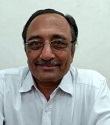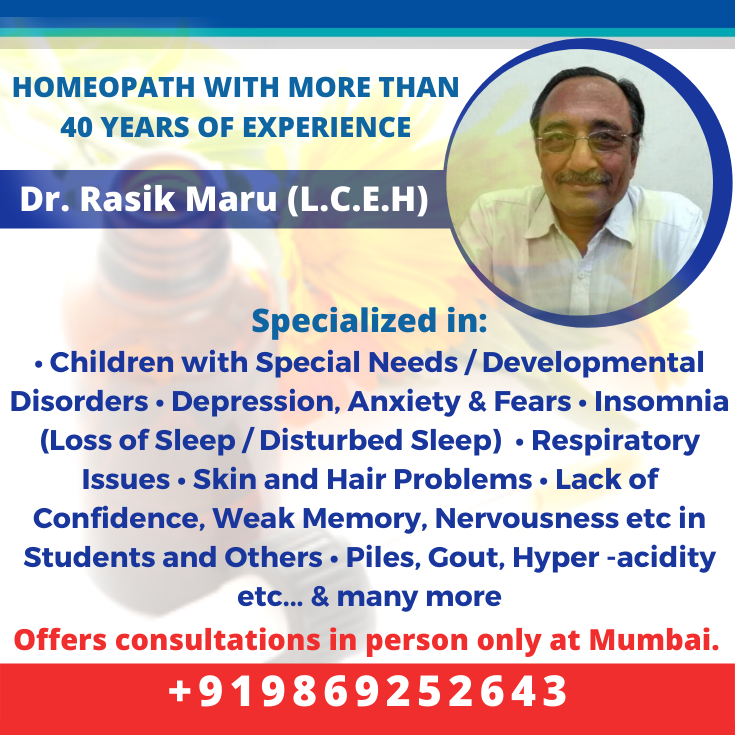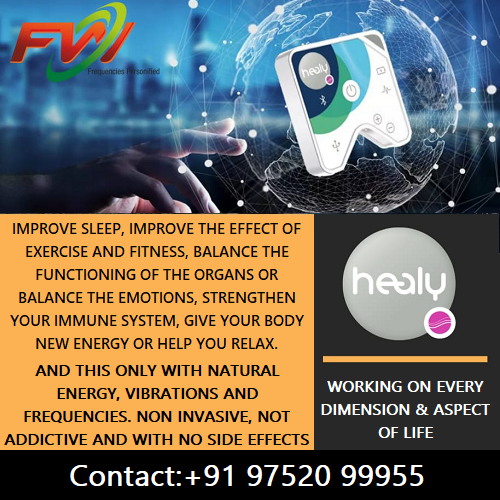Alternative Therapies
- Alternative Medicine
- Access Bars
- Access Body Processes
- Access Consciousness
- Access Energetic Faclift
- Acupressure
- Acupuncture
- Akashic Records
- Ancient Magnetism
- Angel Healing
- Aromatherapy
- Aura Reading
- Ayurveda
- Bach Flower Remedies
- Blueprint Numerology
- Breathwork
- Chakra Healing
- Cosmetic Acupuncture
- Crystal Healing
- Cupping Therapy
- Divine Healing Hands
- Distance Healing
- Emotional Freedom Technique (EFT)
- Energy Healing
- Energy Medicine
- Ergonomics
- Family Constellation
- Face Reading
- Fengshui
- Gaiadon Heart
- Geomancy
- Heal Your Life
- Graphology
- Holistic Solutions
- Holy Fire Reiki
- Homeopathy
- Ho'oponopono
- Humkara with Haleem
- Hypnotherapy
- Inner Child Therapy
- Intuitive Reading
- Jesus Reiki
- Jikiden Reiki
- Jin Shin Jyutsu
- Karuna Reiki
- Karmic Healing
- Lama Fera
- Lenormand Cards
- Light Language Healing
- Law of Attraction
- Manual Therapy
- Matrix Reimprinting
- Metaphor Therapy
- Meditation
- Mediumship
- Melchizedek Method
- Merlin Trinity Healing
- Merkaba Healing
- Money Reiki
- Motivational Counseling
- Mudra Healing
- Nakshatra Energies
- Naturopathy
- Neuro Linguistic Programming (NLP)
- Numerology
- Oracle Cards
- Panchakarma (Ayurveda)
- Panchkarma Holistic Healing - Mind Control
- Past Life Regression
- Pendulum Dowsing
- Physiotherapy
- Pranic Healing
- Pranic Psychotherapy
- Pythagorean Numerology
- Quantum Touch Healing
- Pyramids
- Redikall Healing
- Reiki
- Rudraksh
- Runes
- Soul Plan Reading
- Sound Healing
- Star Magic Healing
- Space Clearing
- Sujok therapy
- Tarot
- Theta Healing
- Twin Flame Healing
- Twin Hearts Meditation
- Unani Medicine
- Yoga
- Wicca
- Womb Healing
Diseases & Conditions
- Acne & Pimples
- Allergies
- Arthritis
- Asthma
- Behavioural Disorders
- Cancer
- Dandruff
- Diabetes
- Emotional Problems
- Gallstones
- Gastritis
- Hairloss
- Heart Diseases
- Hormonal Problems
- Hypertension
- Immune Disorders
- Infections
- Infertility
- Jaundice
- Kidney Disorders
- Liver Disorders
- Menstrual Disorders
- Migraine
- Neck & Back Pain
- Obesity
- Osteoporosis
- Peptic Ulcer
- Prevention
- Prostate Problems
- Psoriasis
- Sexual Dysfunctions
- Sinusitis
- Sleep Disorders
- Skin Diseases
- Stress
- Thyroid Disorders
- Ulcerative Colitis
- Urinary Infections
General Wellness
Prevention / Preventive Health Care in Mumbai
Dr. Rasik Maru

Dr. Maru is a Mumbai based homeopath with more than 40 years of experience. He has pursued his study of homeopathy from the Homeopathic Medical College, Belgaum. He has established himself in the world of homeopathy.


Ms. Mukta Rastogi
Mukta Rastogi is a Life coach, Counsellor, Certified Hypnotherapist, Access Bars Practioner, Certified with Dr Brain Weiss in Past Life Regression, trained in Metaphor Therapy and Angel Card Reader. She is Proactive and dynamic spiritual healer.

Ms. Archana Kabilan

Archana Kabilan, a Bach Foundation Registered Practitioner (BFRP) (UK), offers a blend of Bach Flower services in support of stress management by reducing stress and promoting relaxation to enhance wellness.

Healy Frequency Healing Device

Wellness and well-being principles revolve around maintaining the balance between the mind, body and soul. Healy is the only device on the planet earth for balancing between Body, Mind and Soul.


Disease prevention is a branch of medicine which focuses on the prevention of disease, both in individuals and communities. A number of branches of science and medicine are intertwined in this medical discipline, ranging from anthropology to study cultural practices which could promote the spread of disease to epidemiology, the identification and study of disease. Many nations have a disease prevention program in their national health framework, because disease prevention benefits society as a whole.
Humans have been struggling with disease for thousands of years, and the problem only became more pronounced when people began living in closely crowded areas. As cities grew, so did the diversity of disease, along with a variety of colorful attempts at disease prevention. Not until the 1800s did people really begin to understand the process of disease, and start to take steps to prevent the spread of disease and to promote healthy communities, ranging from washing hands between patients to pasteurizing dairy.
Different nations have reached different levels in their disease prevention strategies. In developed countries, for example, basic steps like sanitizing drinking water, providing clean living conditions, and using widespread vaccination programs have proved to be very effective at preventing disease in community at large, and doctors can focus on individual patients. In the developing world, however, medical professionals are still struggling with the basic rudiments of disease prevention, ranging from encouraging the modification of cultural values to reduce the spread of disease to attempting to provide basic medical care. In communities, disease prevention is usually focused on providing clean living conditions and promoting education so that people understand the mechanisms of disease. Sewer systems, water purification plants, health codes, and the establishment of sterile hospital facilities are all examples of infrastructure which is designed to prevent disease. Many nations also have community education programs such as HIV/AIDS education which tell citizens about how diseases spread. This two-pronged approach reduces the risk of disease by eliminating conditions in which it can thrive.
For individuals, disease prevention can include the use of vaccination and prophylactic medications, and the identification of risk factors which could make someone more prone to disease. General wellness may also be promoted, as healthy individuals with strong bodies are less likely to contract disease.
Disease prevention also includes work in scientific institutions and laboratories. Scientists work to identify diseases and to learn more about how they are transmitted and how they can be treated and prevented. The development of things like diagnostic screenings for early signs of cancer has been a major part of disease prevention around the world, as has the focus on identifying at-risk individuals and reaching out to them.






